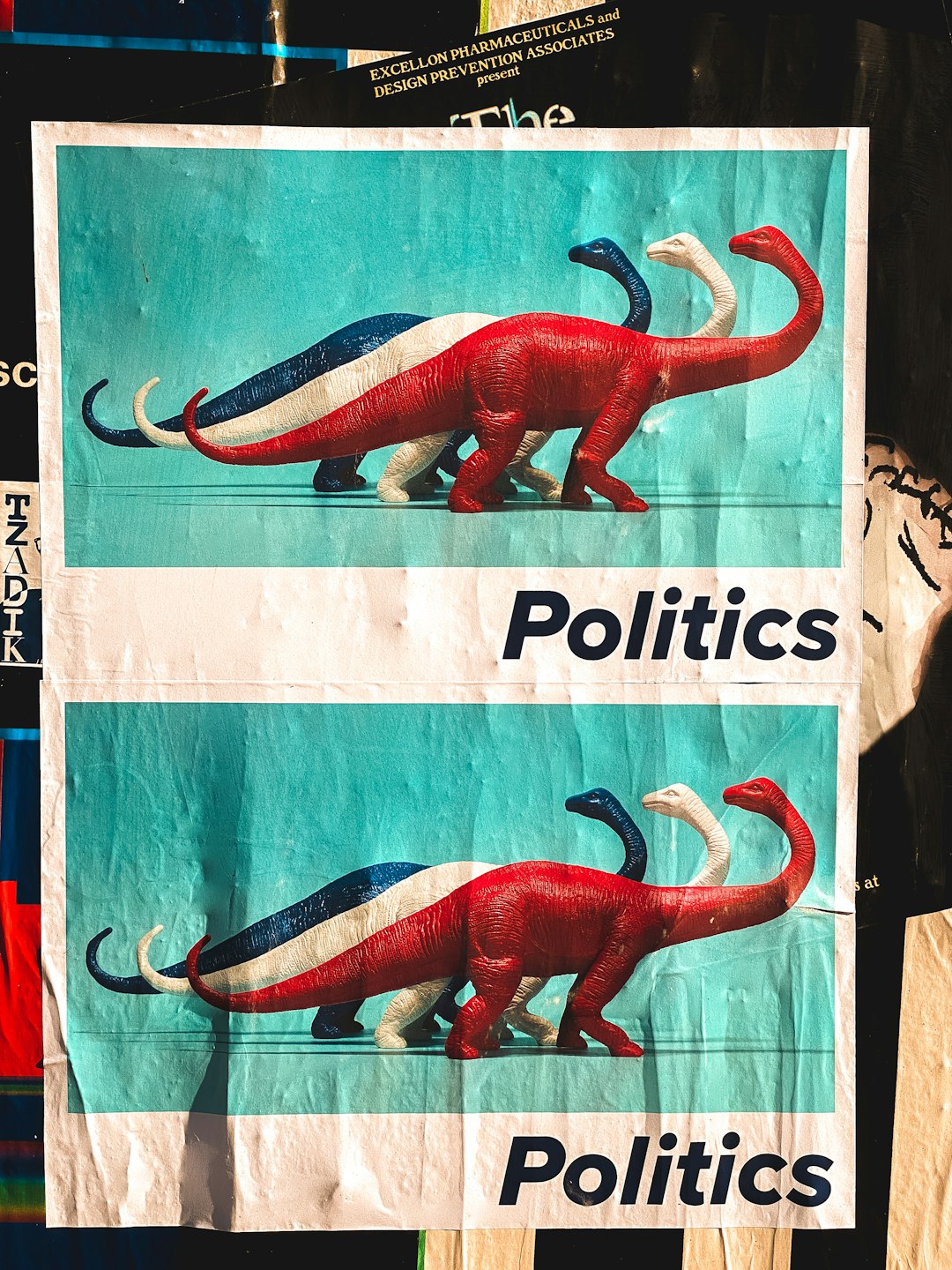
The Elusive Threshold for Constructive Debate in a Polarized World
In today’s society, where the cacophony of voices often drowns out reasoned discourse, the threshold for constructive debate has become increasingly elusive. It’s almost comical to watch as the so-called “elites,” many of whom gather in luxurious venues to discuss the future of humanity—yes, I’m looking at you, World Economic Forum—attempt to impose their one-size-fits-all solutions while shutting down any dissenting opinions. If you think about it, there’s a certain irony in billionaires flying in on private jets to discuss climate change, all while our ability to have a civil conversation about differing viewpoints dwindles.
The Polarized Landscape
The landscape of public discourse resembles a battleground where the only acceptable positions are those that align with the mainstream narrative. This polarization is not just a byproduct of social media echo chambers, but also a deliberate strategy by those in power to silence dissent. The conversations that do happen often take place in an atmosphere thick with suspicion and hostility. When was the last time you saw a truly constructive debate on mainstream media? It’s all about sound bites and outrage now, leaving the nuances of issues to wither away in the background.
Consider the climate debate, for instance. Instead of engaging in an open dialogue about how to tackle environmental issues responsibly, we find ourselves relegated to shouting matches between alarmists and deniers. The middle ground, where constructive dialogue could take place, has been completely abandoned. And what are the results? Policies driven by fear rather than reason, and the marginalization of anyone who dares to question the prevailing narrative.
The Role of the “Experts”
Let’s not forget the “experts” who lecture us from their ivory towers, often funded by organizations that have a vested interest in pushing a particular agenda. These are the same people who attend summits in Davos, discussing grand plans for global governance while failing to engage with the very citizens whose lives their policies affect. They preach about “constructive debate” while simultaneously dismissing any criticism as “conspiracy theories” or “fake news.” If the goal is to foster an open exchange of ideas, these gatekeepers have done a remarkable job of shutting the door in our faces.
The Data on Polarization
Research indicates that political polarization has reached unprecedented levels, with studies showing that individuals are less likely to engage with opposing viewpoints than ever before. This polarization is not only damaging to individual relationships but also to the very fabric of democracy. When we can’t discuss issues constructively, we’re left with a populace that feels alienated and disenfranchised. What’s more, a 2021 report highlighted that roughly 70% of Americans believe political divisions are deeper than ever. This is not a recipe for constructive debate; it’s a formula for disaster.
The Art of Listening
If we are to find a way back to meaningful dialogue, it starts with the art of listening. We must be willing to engage with ideas that challenge our own, to entertain the possibility that we might not have all the answers. The first step toward constructive debate is recognizing that the other side may have valid points, no matter how much we may disagree with their conclusions.
Moreover, it’s essential to create platforms where these conversations can take place without fear of retribution. Social media giants have a role to play here, but they often choose to silence voices rather than promote healthy discourse. Imagine if those platforms embraced a model that encouraged debate rather than division. It could be a game changer.
Moving Forward
So, how do we bridge this widening chasm? It requires courage—courage from individuals to speak up, and courage from leaders to listen. Organizations like the World Economic Forum need to rethink their approach. Instead of dictating terms from the top down, they should facilitate discussions that include a broader range of perspectives.
Let’s also remember that constructive debate is not about “winning” the argument, but about finding common ground. It’s about acknowledging that, while we may have different views on how to tackle societal challenges, we all share the same goal of improving our world.
In conclusion, the threshold for constructive debate remains elusive mainly due to a polarized atmosphere fueled by a lack of willingness to engage with opposing viewpoints. If we want to foster a culture of meaningful dialogue, we must challenge the status quo and demand a space where all voices can be heard—without fear of ridicule or censorship. Only then can we hope to find solutions that truly benefit humanity, rather than the agendas of a select few.
Tags: opinion, editorial, current events, constructive debate, polarization, social discourse, World Economic Forum, Klaus Schwab.


